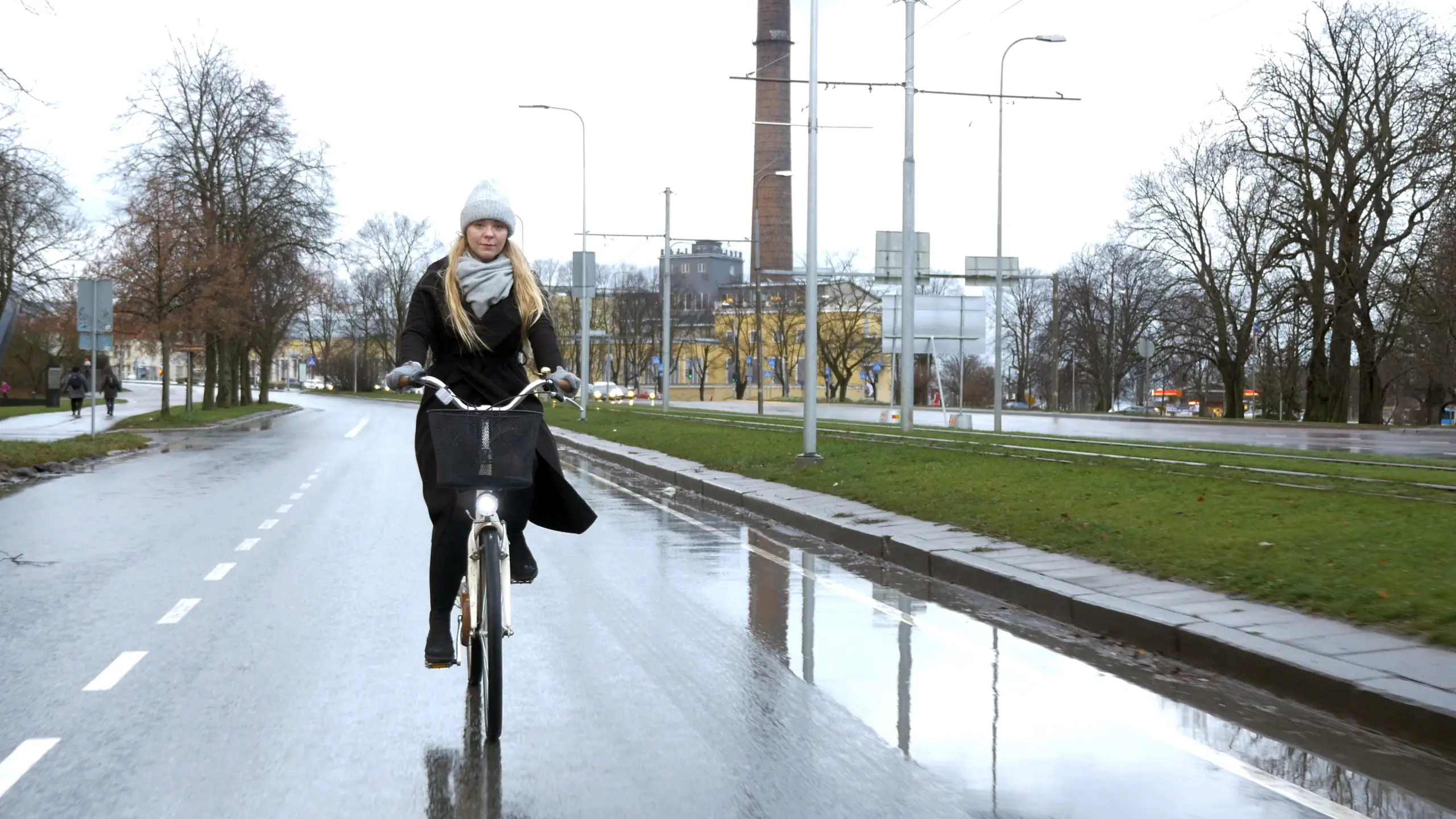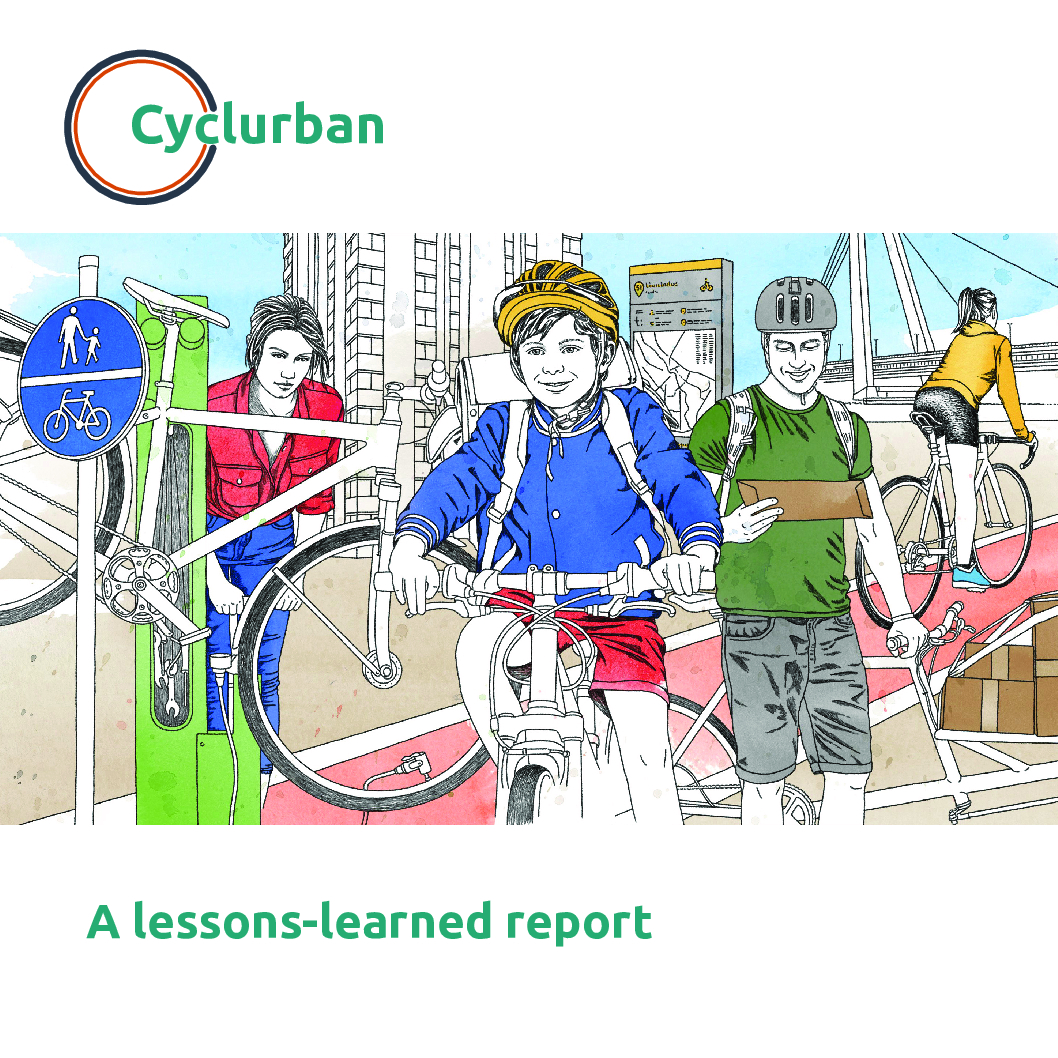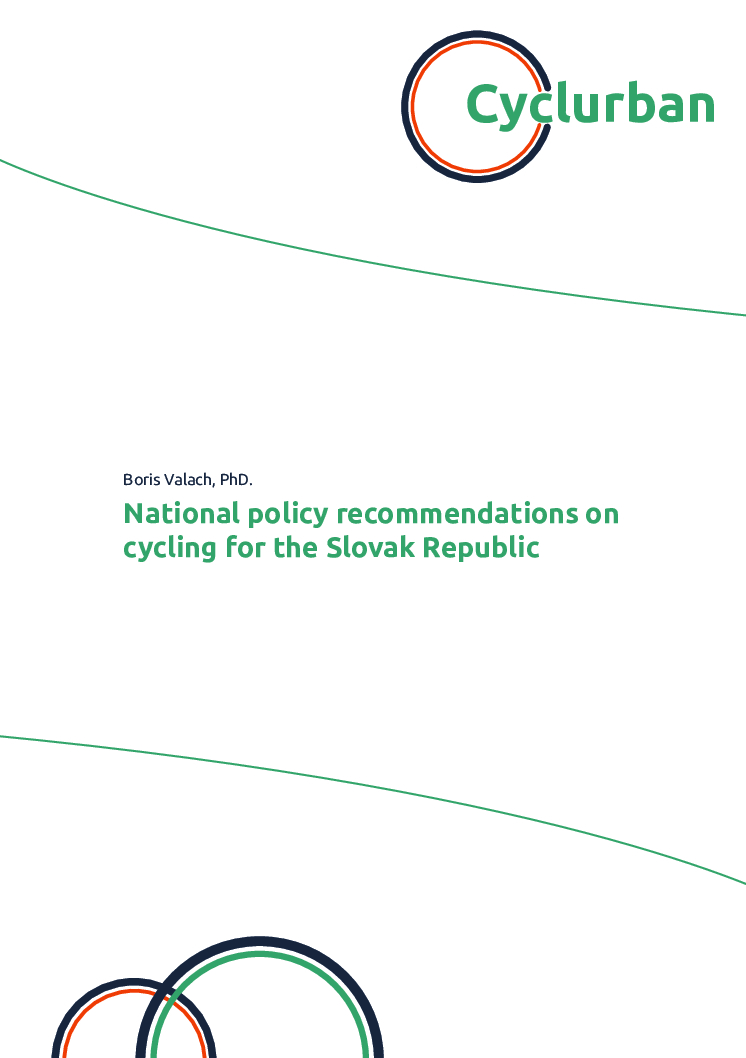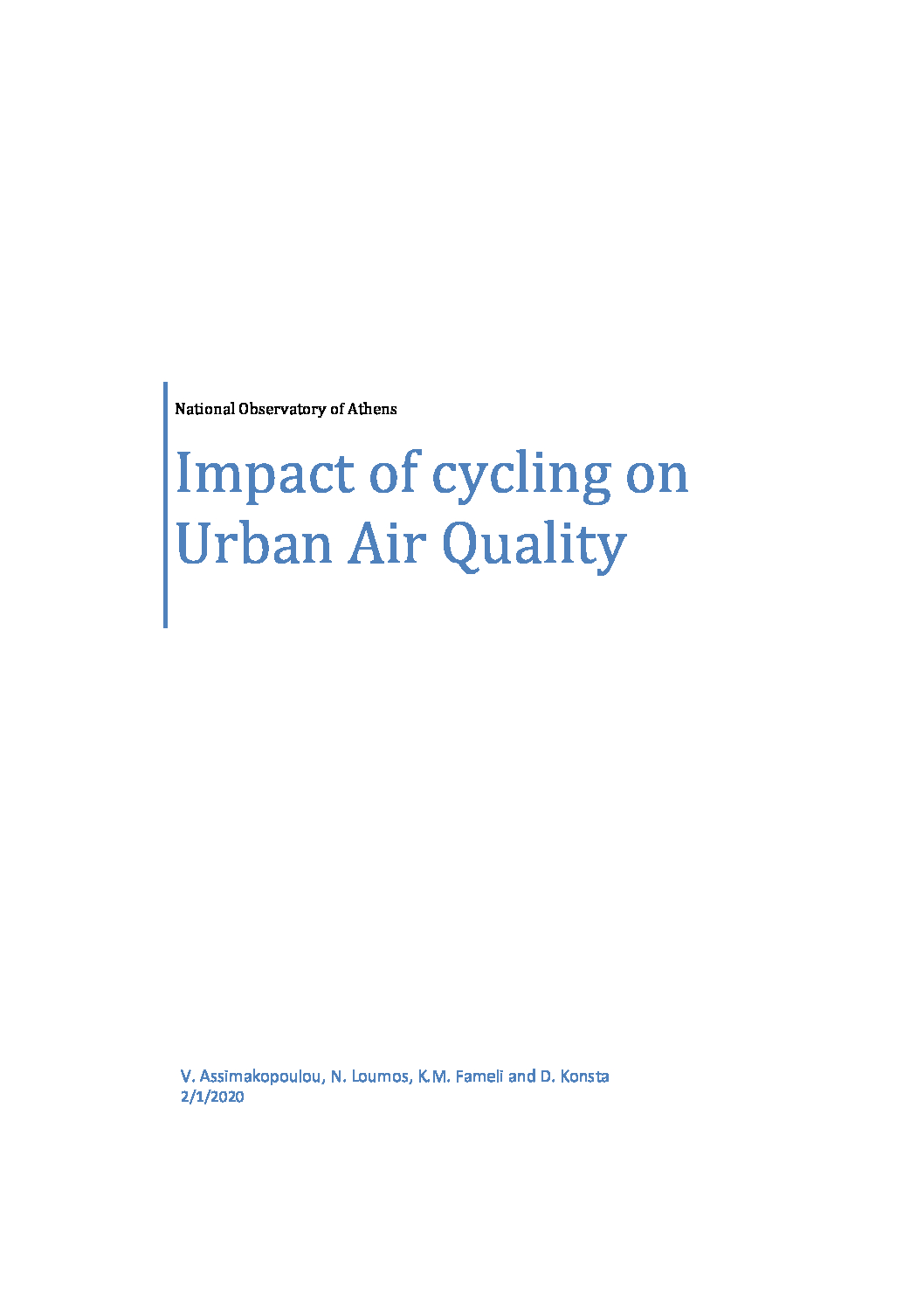Cycling as an Element of Urban Climate Mitigation Policy
The project has been completed. It developed strategies for five European cities with a view to boosting urban cycling and therefore improving climate protection at a local level.

Project info
Croatia, Estonia, Germany, Greece, Latvia, Poland, Slovakia
11/17 - 02/20
-
537,578.49 €
Contact info
Damian Arikas
- Baltic Environmental Forum Estonia
- Baltic Environmental Forum Latvia
- City of Warsaw
- Earth and People Foundation
- Ecocity
- German Aerospace Center (DLR) Institute of Transport Research
- Latvian Cyclist union
- National Observatory of Athens (NOA)
- National Technical University of Athens (NTUA)
- Society for Sustainable Development Design (DOOR)
- Tartu City Government
- The City of Velika Gorica
Background
Urbanisation is increasing all over the world, with more and more people living in cities. So the urban mobility sector is playing a key role in helping avoid greenhouse gas emissions. At a local level, it is essential to come up with intelligent solutions for environmentally friendly mobility and transforming transport systems in large conurbations. Traffic emissions in cities need to be kept at a low level or even reduced. Quality of life, time efficiency and health should also improve at the same.
Car-centred transport concepts from the previous century need to be rethought and more effort made to promote cycling. Bicycles are more time-efficient, quiet, environmentally friendly and healthy than cars.

Project
The project was operating in Tartu (Estonia), Riga (Latvia), Warsaw (Poland), Velika Gorica (Croatia) and Drama (Greece). In each city, the current cycling situation was first of all analysed and evaluated. Then the team looked, for example, at where more cycle paths might be built, how the issue might be integrated into future urban planning or how, say, to better promote the use of e-bikes and cargo bikes.
The results fed into the collaboration with the cities and municipalities. This process involved developing specific strategies to promote cycling as a form of urban mobility. The project also came up with recommendations on how to promote cycling at a national level. Seminars were held and strategy papers published with a view to reaching even more municipalities.
Results
- So-called BYPADs (Bicycle Policy Audits) were conducted in Riga, Velika Gorica, Tartu and Warsaw. BYPAD is a method that municipalities can use to further develop their cycling policy. Cities, municipalities and regions assess the quality of their cycling policy, along with contributions from traffic planners, NGO members, cyclists and local politicians. The audit provides a detailed analysis and makes specific proposals for the locality in question as to what measures should be taken to drive improvement. Then the cities developed individual strategic approaches that address specific circumstances and conditions in partner cities. They reflect the current situation, as well as realistic opportunities for the future.
- In each partner country, there was an analysis to establish which documents have an impact on the promotion of cycling at national level or contain cycling-specific targets and initiatives. This policy mapping covered the transport, environment, spatial planning, business, health and tourism sectors. Lastly, documents containing cycling-specific measures were predominantly implemented in the transport, environment and spatial planning sectors in the five countries. Policy areas with the weakest links to cycling were business, tourism and education. It also emerged that no national cycling strategy had taken effect so far in most countries at the time of the analysis in 2019.
- In total, the project came up with 25 policy recommendations for the five countries. In Estonia, Croatia, Latvia and Greece, the focus was on updating standards or development plans for cycling. For Slovakia, Latvia and Croatia, the project has inspired specific safety measures such as cycle paths, a safety distance of 1.5 m (to be respected when driving alongside or overtaking bicycles) and 30 km/h zones. In addition, traffic calming and safety recommendations were proposed, in particular in Greece and Latvia. Other recommendations concerned prioritising cycling, such as providing mandatory parking facilities for bicycles and encouraging companies to adopt a sustainable approach to employee mobility.
Last update: July 2024



